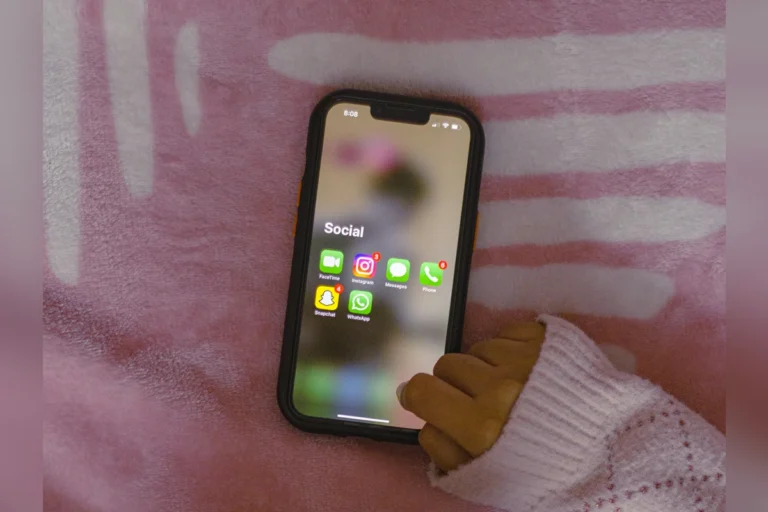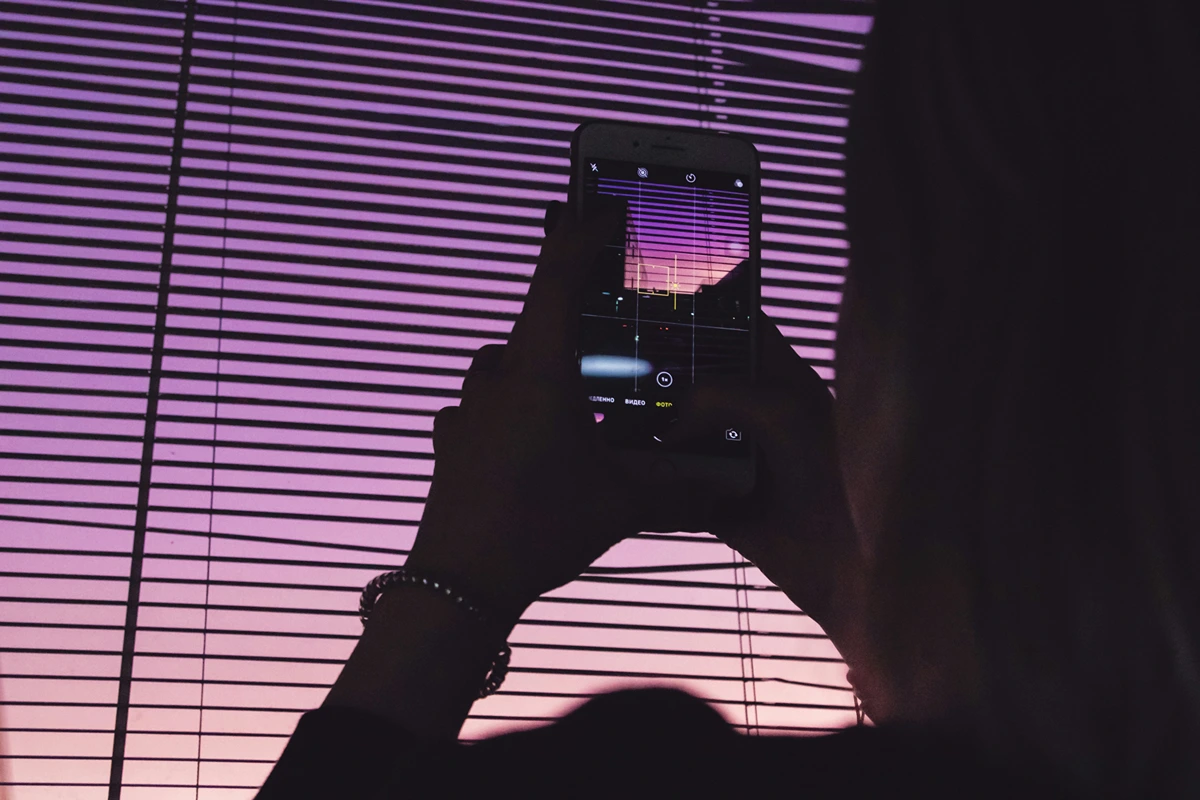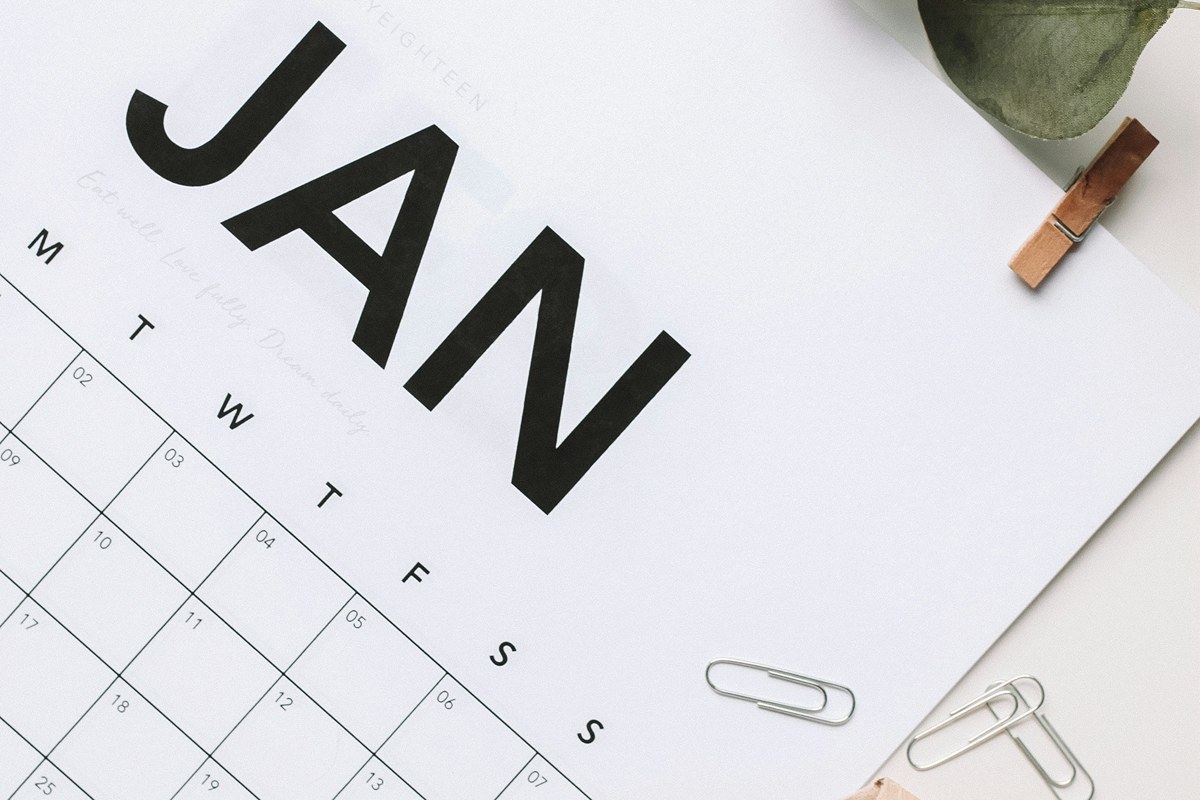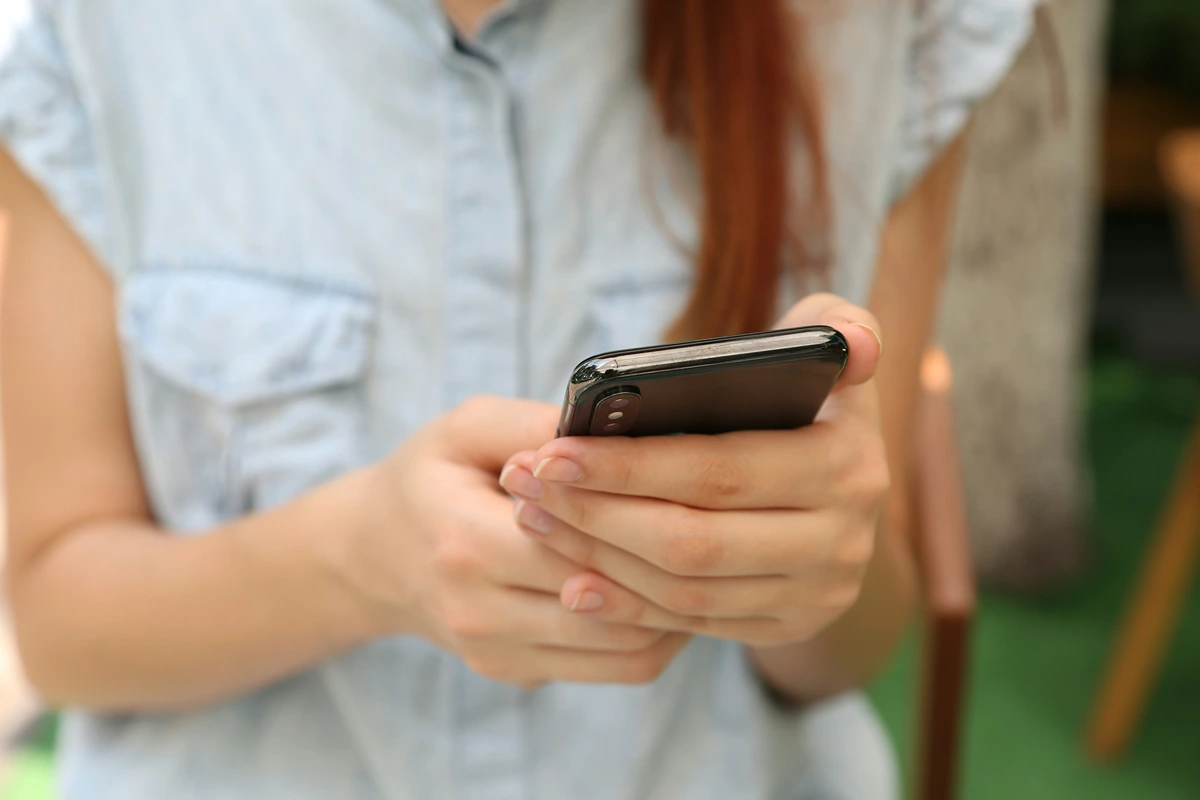Feel Like Your Phone Is Always Demanding Attention?
Phones don’t always shout for your attention, they nudge you with buzzes, banners, and light flashes while you’re just trying to think. Oftentimes, “One quick glance” can turn into a scroll spiral, and suddenly 45 minutes of your work time are gone. If you’re a student, parent, or professional trying to seek productivity and peace but experience over-stimulated feelings of digital overwhelm and poor attention, you aren’t alone. Learn about the power of silencing notifications.
In our always connected world, notifications can drive digital distractions, screen anxiety, and chronic stress. But the good news? You can rewrite your relationship with your devices through dedication and science-backed methods. The guide below shows you some ways to silence the noise and stress of notifications, and build-back your focus and attention span to feel more grounded.
Why Notifications Feel So Overwhelming
Our devices are engineered to keep us checking, swiping, and scrolling. Each ping or pop-up of a notification on your phone triggers a dopamine loop that rewards us for staying in the know and on our phones. But notification overload can have some serious side effects, like increased stress, impaired sleep, and reduced productivity because of mental fatigue (Anandpara et al., 2024; Radtke et al., 2022). These effects can be even more persistent in “always-on” work cultures, where emails and group chats spill into evenings.
Proactive Control: A Digital Management Gameplan
Silencing phone notifications isn’t necessarily avoidance, it’s actually a form of self-care! Research shows that reducing digital interruptions, even temporarily, can boost your well-being and mood. Some benefits of reducing notifications are:
- Lower perceived anxiety and stress
- Improved focus and sleep quality
- Reduced compulsive checking
- Greater sense of control and clarity
While some people report withdrawal symptoms like restlessness or FOMO at first, these feelings usually fade quickly, and the mental benefits far outweigh them.
Practical Wins to Silence Notifications
Think of notifications as tiny gremlins tugging at your attention! You don’t have to banish them completely, but you can train them to behave.
1. Identify What Really Matters
Ask yourself: Which alerts are actually essential? For most people, that means phone calls from loved ones, key work messages, and calendar reminders.
Try to mute or disable everything else like:
- Breaking news
- Social media updates
- Like and follow notifications
- Promotions or marketing alerts
2. Master Notification Settings
Your phone settings are a goldmine, use them!
- Activate “Do Not Disturb”, “Focus Modes”, or “Bedtime” settings during deep work, meals, or rest hours.
- Turn off icons and vibrations for non-urgent apps.
3. Create Tech-Free Zones and Times
Create friction between you and your device:
- Designate certain spaces (bedroom, dinner table) or times (first 30 mins of morning) as phone-free.
- Start with small changes, like a walk without your phone, or one tech-free meal a day.
4. Declutter Your Digital Space
Reducing clutter lowers mental clutter!
- Delete unused apps.
- Unsubscribe from noisy email lists.
- Mute or leave unimportant group chats.
- Curate your social feeds to be less stimulating.
5. Schedule Your Notification Checks
Interruptions break flow, so instead of reacting to every ding, schedule different notification reviews. Example: Check email only after lunch and before logging off. This method protects your work time!
6. Use Mindfulness and Reflections
Take a pause before checking a phone notification and ask yourself: “Is this urgent? Can it wait?”
- Practicing mindfulness before tapping helps you break automatic habits.
- After tech-free time, journal what you noticed; better sleep, better mood, more focus?
- Celebrate small wins, not perfection.
The Benefits of Silencing Notifications
When you reduce notifications you create space to be present in your life and feel positive effects like:
- Sharper focus for your work and goals
- Decreased screen anxiety and better sleep
- Improved control over your day
- More time for offline activities to enjoy like reading, movement, relationships
Even short digital detoxes have been linked to mood improvement and life satisfaction (Coyne & Woodruff, 2023).
Progress Is Key over Perfection
You will have off days. You might doomscroll after a week of being intentional, that’s normal and okay! Don’t punish yourself because what matters most is your consistency over time. Digital balance isn’t all-or-nothing, it’s a practice of small, sustainable shifts. Whether you’re a student, parent, or already a pro at digital balance, start with what feels doable, not ideal. That one change today could lead to a calmer, more focused tomorrow.
Key Takeaways
- Constant notifications drive anxiety and fragmented attention.
- You have the power to take back control intentionally.
- Smart settings and boundaries create less stress and better focus.
- It’s about small wins, so try one tactic for a few days!
- The more you silence the noise, the more space you create for what really matters.
Next Steps
Try a 3-day challenge: No phones 30 minutes before bed, or mute social media alerts. Tip- Invite a friend to join for accountability and fun. For extra insight, take our quadrant-focused quiz to find out your digital wellness type to explore your unique path to change!
References
- Anandpara, R., Kapoor, A., & Lee, T. (2024). Digital notification management and well-being: A meta-analytic review. Journal of Media Psychology, 36(2), 102–118.
- Coyne, S. M., & Woodruff, S. J. (2023). Screen time and well-being: Rethinking digital balance. Journal of Adolescent Health, 72(5), 510–517.
- Radtke, K., Liu, D., & Martin, J. (2022). The cognitive cost of notifications: A behavioral neuroscience approach. Human-Computer Interaction Journal, 47(1), 55–73.
*Disclaimer: Offline Now offers educational coaching tips, not medical or therapeutic advice; please consult a qualified health professional for personal, clinical or health concerns.*










